We're always on the edge of the Wilderness
Thomas Bogaert, Cel Crabeels, Geert Goiris, Polly Gould, Kaleb de Groot, Mark Hosking, Remy Jungerman, Alberto de Michelle, David Miles, Lara de Moor, Floris Paalman, Edwin ZwakmanThe title is a quote from Canadian writer Douglas Coupland (from ‘Polaroids’), in which context the phrase is more a sort of ‘throwaway’ conclusion the writer chooses not to expand upon. With which the exhibition is not an illustration of a Coupland essay.
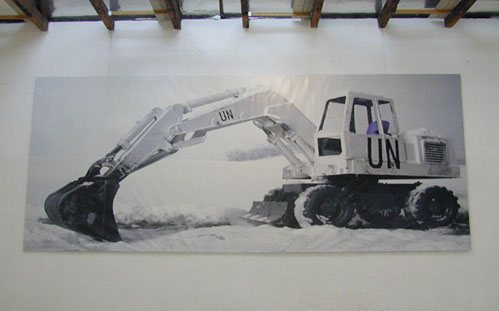
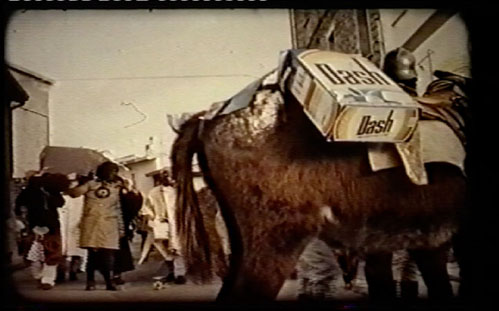
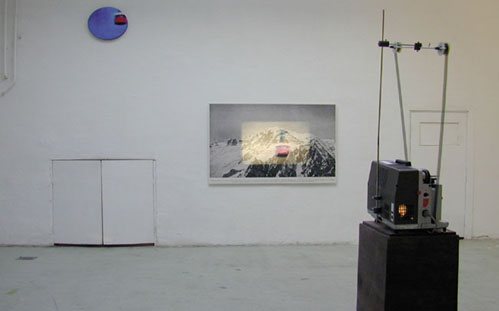
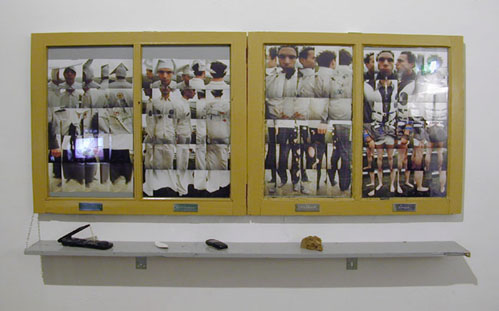
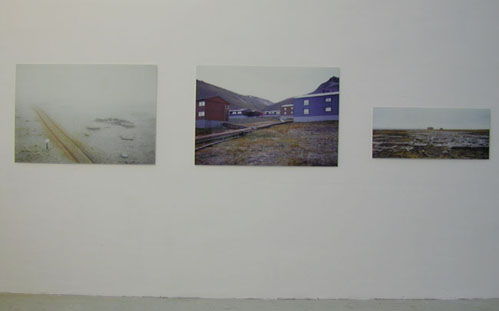
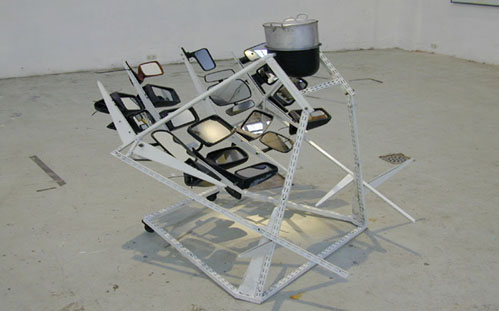
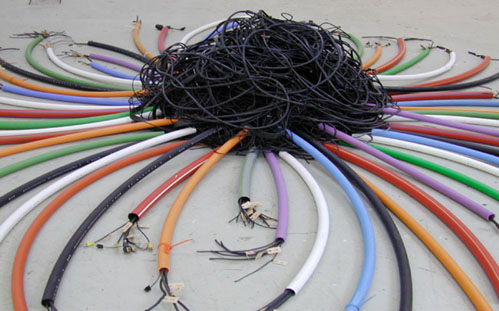
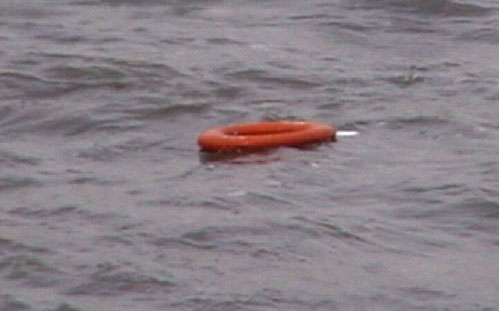
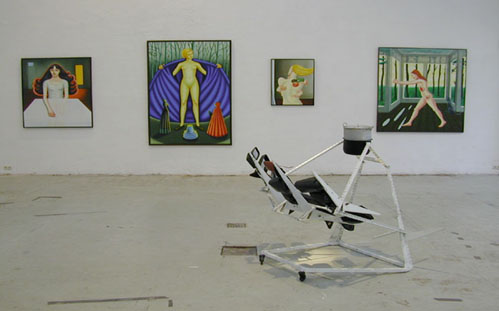
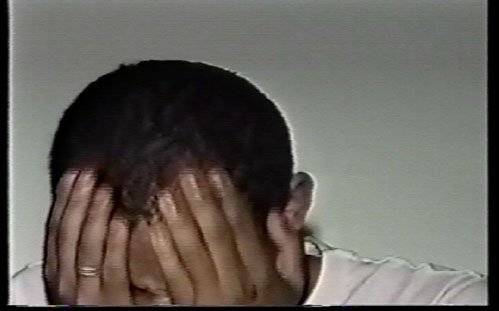
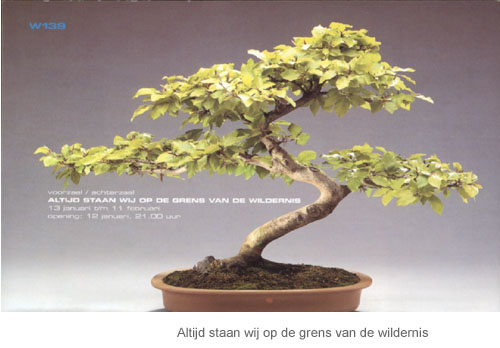
That said, W139 recognised something in the quote – echoes of the phenomenon faced by us all, as we enter the twenty-first century. What I’m trying to say is that contemporary humans are no further removed from the wilderness than our cave-dwelling ancestors, despite our apparently enormous evolution. And yes – we’ve managed to surround ourselves with innumerable items of equipment and therapies and yes, we can send SMS messages from Everest thanks to our wonderful mobile phones. Not to mention practically destroying the jungle and subjecting the last mysterious native peoples to anthropological research over the last two decades.
This is the objective of the world we share and which, for the sake of convenience, we’ve dubbed ‘reality’. But an entirely different world lives and breathes in our subjective realm of imagination and emotion. We see calm – or chaos – in the natural world. We travel further than ever before, preferably to the most far-flung destinations.
And, the icing on the cake, more people today suffer from disorders of the mind than ever before. In other words, our psyche still walks the fine line between mania and alienation. We must use every ounce of mental power to shield our brains from the toxins of soap series, relational problems, the latest Nokia, bitterness about the (art) world, air miles or urban isolation.
W139 went in search of stories of artists who survive despite art, who have given their subject form and voice. (Over recent decades, artists have exchanged ‘outsiderness’ for normalcy, at which they excel, probably because they have the luxury of being concerned with themselves).
W139 found work that questions our attitudes – our insignificance as human beings, our relationship to nature, the world and the natural world mediated by television – the content of which could be rooted or take place elsewhere in the world, where it also has relevance. Work that can inspire a dialogue about who we really are. (We may have cultivated a veneer of civilisation but the wolves are snapping at our heels).
These are just a few thoughts inspired by ‘We’re always on the edge of the wilderness’. But the resulting exhibition was not organised around a rigid theme. The title merely serves as a leitmotiv uniting a number of artists and works that give viewers a profound sense of being confronted with something that digs far deeper than the outer layer. Travel, (mental) landscapes, mountain treks and our (warped) relationship to the natural world are the central foci. Even nature’s representation in the media does not escape scrutiny. The idea is clear: man (artist) in or versus the nature that surrounds us.
What awaits the viewer? Raw landscape photographs revealing the incisive eye of Geert Goiris. Mark Hosking’s empathetic solar-driven rice cooker sculpture and a highly confrontational video by Alberto de Michele. Kaleb de Groot explores the natural hierarchies generated by inter-personal contact and Remy Jungerman distils communicative connections from a gigantic confusion of cables. David Miles created a wall drawing of a ‘Goliath’ fashioned by scores of demonic figures while, on the large wall of the ice-cold rear space we see the mammoth snow landscape ‘UNTRUE’, a print by Edwin Zwakman. Further up is the ‘Barcode Jungle’ by Polly Gould and Lara de Moor’s minute, precise paintings. Floris Paalman registered bizarre carnival rituals in Ovodda (Italy) and Thomas Bogaert presents super 8 films of ‘Teleferiques’ projected onto winter memories. Last but not least, via an ingenious video system, Cel Crabeels tells tales from beyond the demarcation line where we cease to exist and nature takes over.